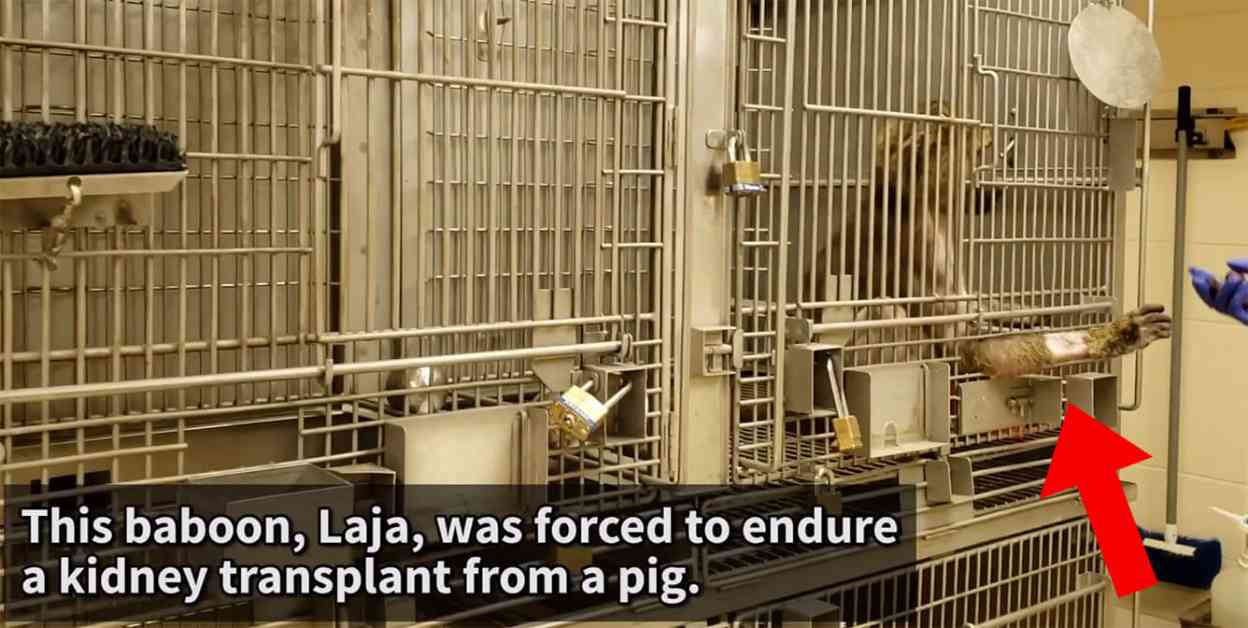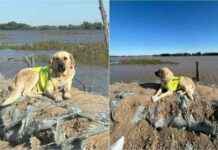Staffers Applied Laundry Detergent to Baboon’s Wound
In a shocking revelation, a whistleblower exposed the University of Alabama at Birmingham’s laboratory staff for using Woolite laundry detergent to treat a baboon named Laja’s gaping surgical wound. Laja had undergone a pig kidney transplant in January 2019, and by September of the same year, she tragically passed away. The whistleblower detailed the distressing conditions in the lab, where untrained and apathetic staff neglected proper animal care protocols, leading to unimaginable pain and suffering for the baboons.
The heartbreaking case of Laja sheds light on the egregious mistreatment of animals in the name of science. The staff’s use of laundry detergent on a surgical wound is not only ethically unacceptable but also reflects a lack of compassion and basic veterinary knowledge. Laja’s deteriorating health and ultimate demise underscore the urgent need for stricter oversight and accountability in research facilities to prevent such atrocities from recurring.
Incompetent Staff, Expired Medication, and Falsified Records
The whistleblower’s account also revealed a pattern of incompetence among the laboratory staff at UAB. From repeatedly drawing blood from the same vein to using expired medications, the staff’s negligence further exacerbated the suffering of the baboons. Moreover, falsifying records to cover up their failures in providing adequate veterinary care demonstrates a blatant disregard for the well-being of the animals under their care.
The whistleblower’s brave decision to speak out against the unethical practices at UAB highlights the importance of whistleblowers in exposing animal cruelty and holding institutions accountable for their actions. The shocking revelations of staff misconduct and poor lab practices underscore the urgent need for stricter regulations and oversight to ensure the ethical treatment of animals in research settings.
Disregard for Safety: Drugs, Needles, and Contamination
The whistleblower’s account also sheds light on the pervasive disregard for safety protocols in Cooper’s laboratory. From leaving controlled substances unsecured to mishandling syringes and needles, the staff’s lax attitude poses serious risks to both the animals and human personnel in the lab. The lack of proper safety measures and oversight further underscores the need for immediate intervention to prevent potential harm and ensure compliance with safety regulations.
The troubling revelations of safety lapses and contamination risks in the lab raise serious concerns about the overall management and supervision of research facilities. The whistleblower’s firsthand experiences highlight the urgent need for improved safety protocols and training to prevent further harm to both animals and staff members in research settings.






















